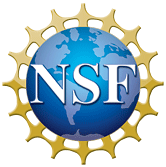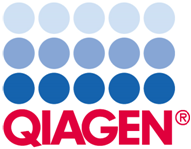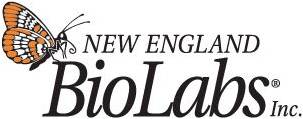Team:Baltimore US
From 2010.igem.org
(Difference between revisions)
| (3 intermediate revisions not shown) | |||
| Line 24: | Line 24: | ||
====DIY-Gem: a path towards low-cost high-throughput gene synthesis==== | ====DIY-Gem: a path towards low-cost high-throughput gene synthesis==== | ||
| - | Synthetic biology research requires more cost effective approaches toward wetware and hardware accessibility. We are developing low-cost alternatives to existing tools and techniques in an attempt to expand participation in biological research and development. Our project expands the accessibility of ''Taq'' | + | Synthetic biology research requires more cost effective approaches toward wetware and hardware accessibility. We are developing low-cost alternatives to existing tools and techniques in an attempt to expand participation in biological research and development. Our project expands the accessibility of ''Taq'' polymerase by engineering it to BioBrick standards. This allows for the expression and recovery of polymerase from transformed ''E. coli'' at a fraction of the cost of highly purified commercial enzyme. In addition, we have developed inexpensive and easily assembled lab equipment such as a gel-electrophoresis apparatus and a PCR thermal cycler. By enabling researchers to synthesize their own reagents and purchase or produce inexpensive tools, we hope to lower the barriers to entry for synthetic biology. |
| - | '''Baltimore-US''' includes members from local educational institutions including the Community College of Baltimore County, and Loyola and Towson Universities, along with members of local DIY communities. We wish to create a venue | + | '''Baltimore-US''' includes members from local educational institutions including the Community College of Baltimore County, and Loyola and Towson Universities, along with members of local DIY communities. We wish to create a venue that enables the broader community to step into the iGEM competition, to gain hands-on laboratory experience, and to learn the tools and techniques necessary to explore the emerging field of synthetic biology while under the watchful eye of trained professionals. |
====Faculty Instructors and Advisors==== | ====Faculty Instructors and Advisors==== | ||
| Line 42: | Line 42: | ||
{| style= "background-color:#FFFFF;" align="center" | {| style= "background-color:#FFFFF;" align="center" | ||
| | | | ||
| - | <center>''' | + | <center>'''Baltimore-US thanks the following companies for donations to our team:'''</center> |
[[image:Qiagen logo.png|150px]] [[image:Axygen logo.png|150px]][[image:NEB logo.jpg|150px]] | [[image:Qiagen logo.png|150px]] [[image:Axygen logo.png|150px]][[image:NEB logo.jpg|150px]] | ||
|} | |} | ||
Latest revision as of 18:59, 27 October 2010
| Home | Team | Official Team Profile | Project | Submitted Parts | Modeling | Notebook | Meeting/Lab Times | Safety |
|---|
|
|
 "
"




